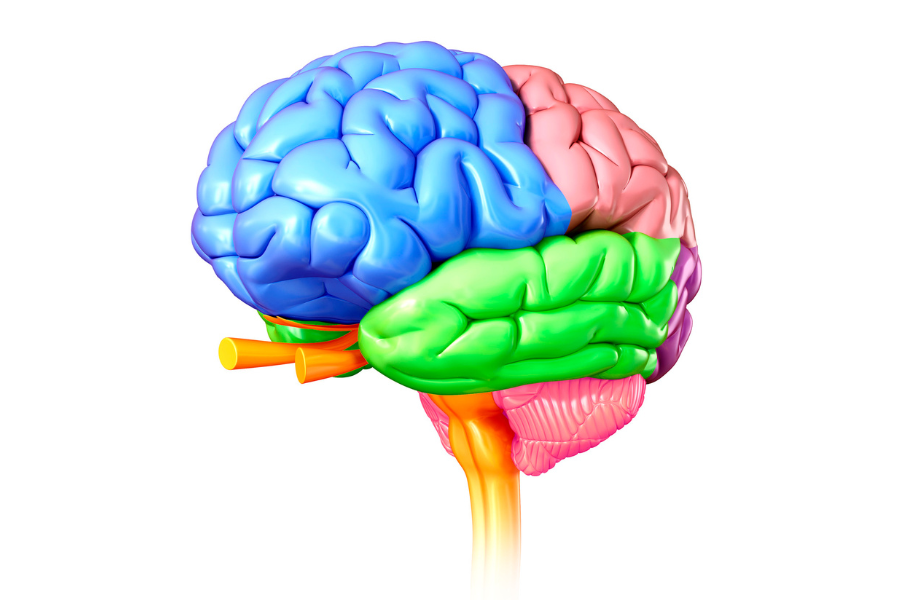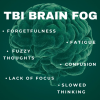Processing Speed
Processing speed is the amount of time it requires for an individual to take in information, process it, and respond or react to the information they were given. An individual’s processing speed affects how quickly they are able to perform everyday tasks that are automatic to them, or a novel task that requires them to […]











